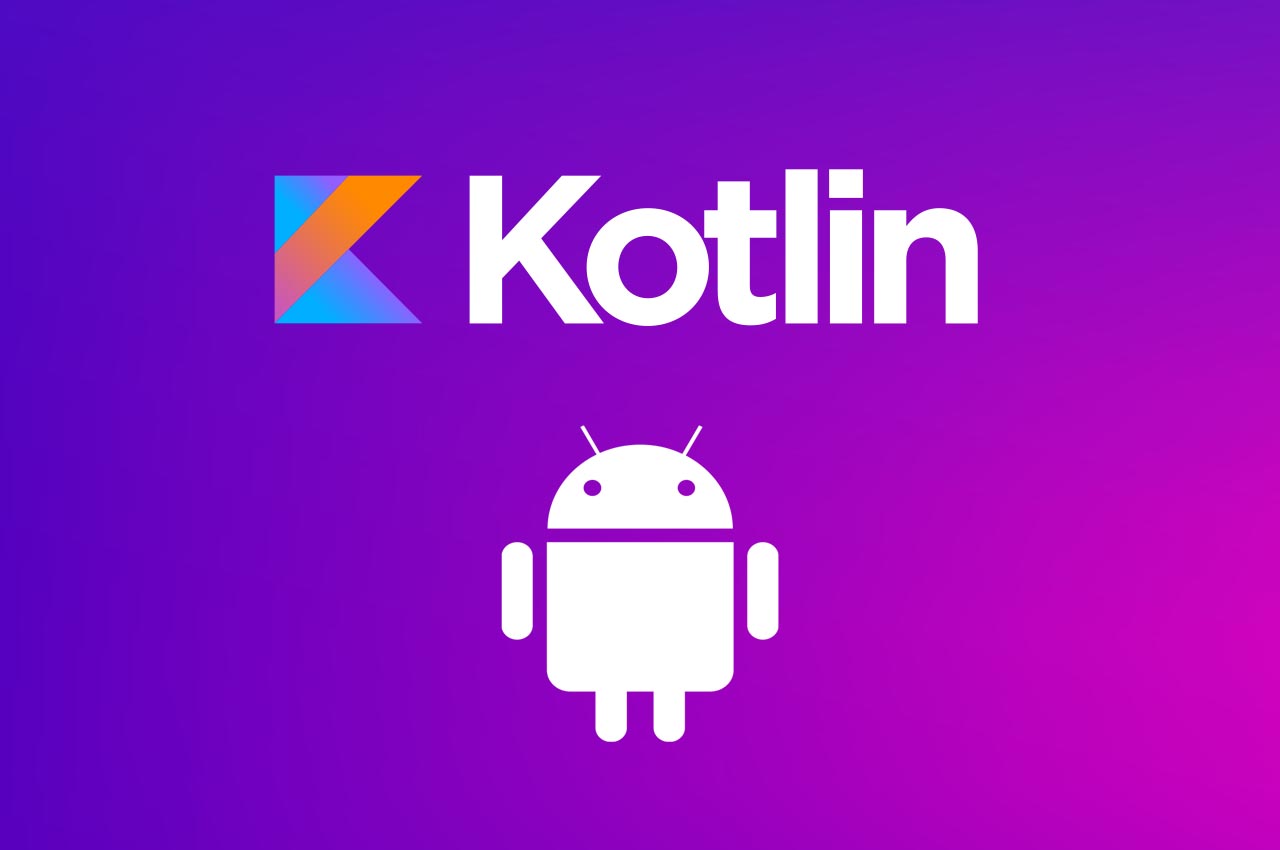
Kotlin Programming Language
In this guide, we cover everything that is needed , to understand Kotlin.
What We Cover
- Introduction to Kotlin
- Why Kotlin ?
- Kotlin features
- Kotlin SeverSide
- Code structure (sample)
Introducing Kotlin
Kotlin is a static language developed by Russian-based programmers. Kotlin has the ability to run on a Java virtual machine. It can also be compiled in JavaScript.
Kotlin was introduced by Jetbrains in 2011 and its first stable version was released in 2016 called version 1.0.
The head of Kotlin’s development team, said Kotlin is a powerful, object-oriented language that intends to outperform Java and allow Java programmers to gradually migrate to the language.
In 2017, Google officially introduced this language as the second programming language for Android.
Why Kotlin?
Kotlin runs on a variety of platforms. Including server or Android or locally (Native) compiled by LLVM compiler and can be implemented on :
- Windows (x86_64 only at the moment)
- Linux (x86_64, arm32, MIPS, MIPS little endian)
- MacOS (x86_64)
- IOS (arm64 only)
- Android (arm32 and arm64)
- WebAssembly (wasm32 only)
Using Kotlin to develop Android
Since 2017, Google has officially introduced Kotlin as the second language of Android development. And Kotlin is a great choice for developing Android apps.
Attributes:
Compatibility: Kotlin is highly compatible with the JDK6 version and is fully supported by Android Studio.
Performance: Kotlin runs faster than Java due to the use of simpler bytecodes than Java. Kotlin supports inline functions and Lambda, and Lambda is often faster than raw Java (although in Java itself, the same is true of the Lambda you use).
Footprint attribute : Kotlin has a very small runtime library that can be reduced through the use of ProGuard
Compilation time: Usually the compilation time is faster than Java.
Support:
Supported by Android Studio.
Kotlin For Server Side:
Kotlin is suitable for server-side development. Because with short code and maintaining compatibility and power of expression using Java-based libraries, you will achieve the following features:
- Clarity
- Scalability
- Compatibility and compatibility with Java libraries
- Many tools such as support for different IDEs and .
Server-side frameworks:
Spring Framework: One of the most powerful Java framework for server-side development and provides developers with countless tools and libraries.
Vert.x Framework: A powerful framework for reactive web application development running on JVM
Ktor Framework: A Kotlin-specific framework developed by JetBrains for high-scalability web applications
Kotlinx.html tool: to create HTML code by a web application such as JSP
Accesses such as JDBC and JPA are provided to work with the database, and Java libraries can be used for NoSQL.
Note: Web applications written with Kotlin can be installed on all web servers running Java.
Using Kotlin in JavaScript
Kotlin code is also compiled into JavaScript code. Kotlin code is now converted to ECMAScript 5.1 output.
All code used in Kotlin is converted to JavaScript. Libraries other than Kotlin will not be converted to JavaScript code if used. In fact, only Kotlin code is converted to JavaScript.
JavaScript code output has the following features:
- The output of the codes is optimized.
- The output codes are highly readable.
- Code output works with existing libraries.
- Code output is the standard programming language.
How To Use It:
- Convert user side codes:
- Interact with the DOM Element: Kotlin provides interfaces for working with the Document Object Element that can create and update these elements.
- Interact with graphical libraries like
- Convert server side code:
- Interacts with server-side technologies such Node.js.
Kotlin can be used with existing libraries and frameworks such as JQuery or React. To access these frameworks with a very strong API, TypeScript code can be converted to Kotlin using the ts2kt tool.
JetBrains develops and maintains several custom tools for the React community.
Kotlin is also fully compatible with CommonJS, AMD and UMD modules
package hello
fun main(args: Array) {
println("Hello World")
}
Using Kotlin locally Kotlin / Native
Kotlin / Native technology allows you to convert and execute Kotlin code into binary code without the use of a special virtual machine. Kotlin by compiler
LLVM (Low Level Virtual Machine)
Can be compiled. This technology is designed for places where it is not possible to run any VM, such as IOS or Embedded system or where a developer needs to run a standalone application of the right size and need to run quickly.
Kotlin / Native technology works perfectly with the native code of an operating system.
It also works with various libraries. Kocode can be output in C language, which runs on all platforms that support this language. It also has the ability to work with Objective-C code.
Supported platforms
Kotlin / Native currently supports the following platforms :
- Windows (x86_64 only at the moment)
- Linux (x86_64, arm32, MIPS, MIPS little endian)
- MacOS (x86_64)
- IOS (arm64 only)
- Android (arm32 and arm64)
- WebAssembly (wasm32 only)
Code structure
Similar to Pascal, Haxe, PL / SQL, F #, Go, and Scala (unlike C and its derivative languages C ++, Java, C #, and D), Kotlin variable declarations and list parameters have a type that follows The name of the variable comes (with colons separator). Like other modern languages such as Scala and Groovy, colloidal poisons are optional terminations. Most of the time a new line is enough for the compiler to be able to infer that the phrase is finished.
Write It Functionally
package hello
fun main(args: Array<String>) {
println("Hello World")
}
An object-oriented code example
class Greeter(val name: String) {
fun greet() {
println("Hello, $name")
}
}
fun main(args: Array<String>) {
Greeter(args[0]).greet()
}
A sample code for Android
import kotlinx.android.synthetic.main.activity_main.fab
class MainActivity : AppCompatActivity() {
override fun onCreate(savedInstanceState: Bundle?) {
fab.setListener {
toast("Hello!")
}
}
Build HTML code
val data = mapOf(1 to "one", 2 to "two")
createHTML().table {
for ((num, string) in data) {
tr {
td { +"$num" }
td { +string }
}
}
}
My Personal Experience At Kotlin
Kotlin is fast because you can run the code as Lambda (short – fast – readable), I know in Java 8 this possibility has been added, but again Java code is very complex, of course in my opinion, it is true that native code is faster and higher performance, but then From all this work experience, I have come to the conclusion that a good result with new languages, which is also faster, is more important than the difficulties that you face during a project.






